
- United States
- United Kingdom
- Canada
- Australia
- Netherlands/Ireland
- High School
- University
- Research Institute
- Conditional Admission
- Community College
- Public College
- Private College
- Junior High School
- High School
- United States
- United Kingdom
- Canada
- Australia
- Netherlands/Ireland
- High School
- University
- Research Institute
- Conditional Admission
- Community College
- Public College
- Private College
- Junior High School
- High School
University of Cambridge
University of Cambridge
Cambridge
Founded in 1209
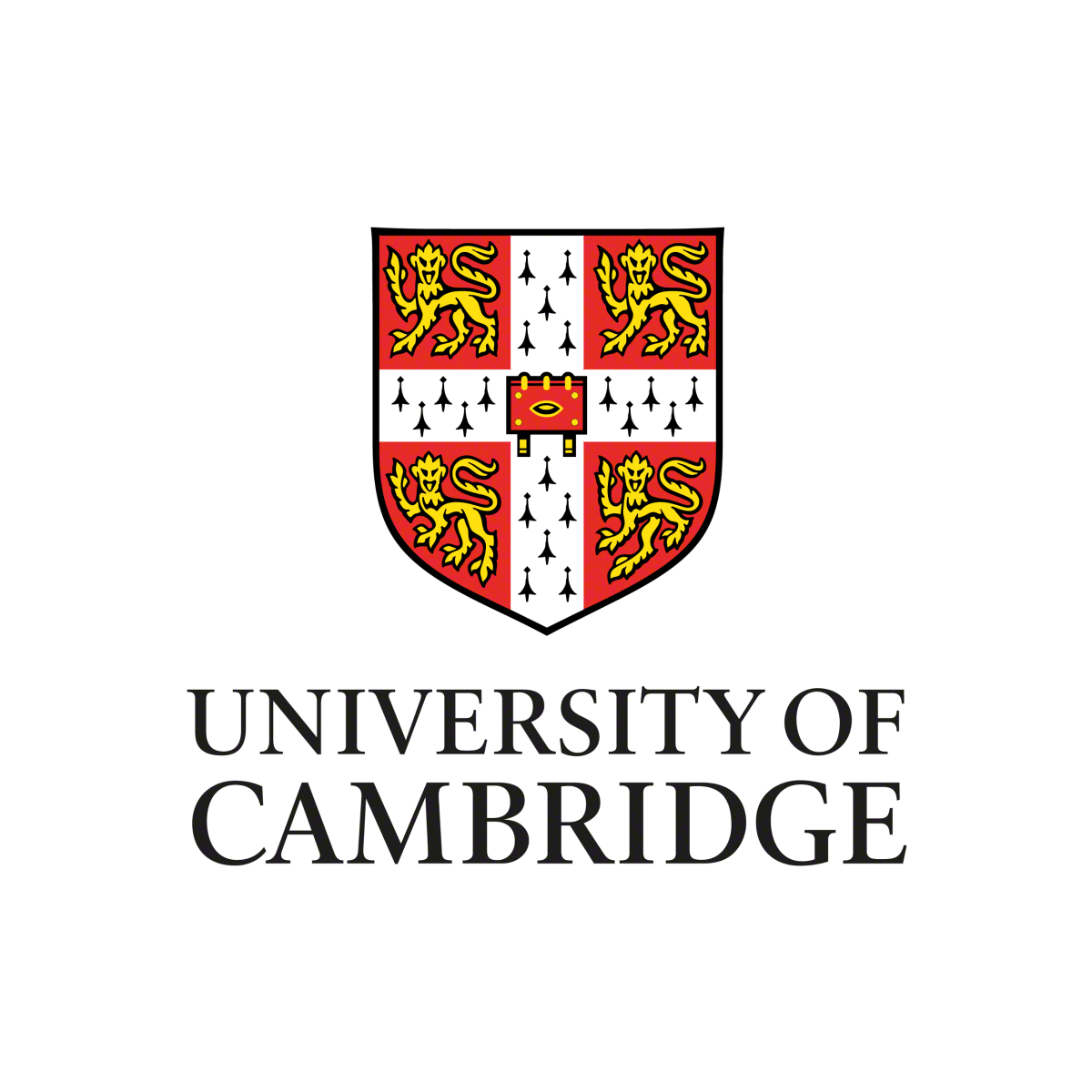
School Info
School Introduction
The University of Cambridge, located in the town of Cambridge in England, is one of the top universities in the UK and the world. Alongside the University of Oxford, it is considered one of the two most prestigious universities in Britain, collectively known as "Oxbridge." Many renowned scientists, writers, and politicians have come from this university.
Cambridge is also the institution with the most Nobel Prize laureates, having produced 81 Nobel Prize winners who either studied or taught there, with over 70 of them being former students. Cambridge is a member of both the Russell Group of Universities in the UK and the Coimbra Group of European universities.
According to legend, Cambridge University was founded in 1209 by scholars who fled from Oxford University to escape violent disputes. In 1233, Pope Gregory IX confirmed Cambridge's status as a university by granting it "the privileges of a Chancellor and Scholars." The first college, Peterhouse, was established in 1284, followed by others in the 14th and 15th centuries. The first colleges for women were Girton College in 1869 and Newnham College in 1872. The first women students took the exams in 1882, but it was not until 1947 that women were formally admitted as students, whereas Oxford had already done so 20 years earlier.
Students at Cambridge participate in a variety of extracurricular activities, with rowing being the most popular sport. There are frequent inter-college rowing competitions, and every April, Cambridge competes with Oxford in the annual Boat Race. In addition to rowing, there are other sports competitions between colleges, including rugby, cricket, and chess.
Cambridge's alumni include many famous mathematicians, scientists, economists, writers, and philosophers. The university has produced 91 Nobel Prize winners, 4 Fields Medalists, and 4 Turing Award winners, all of whom have been affiliated with the university as students, faculty, or researchers.


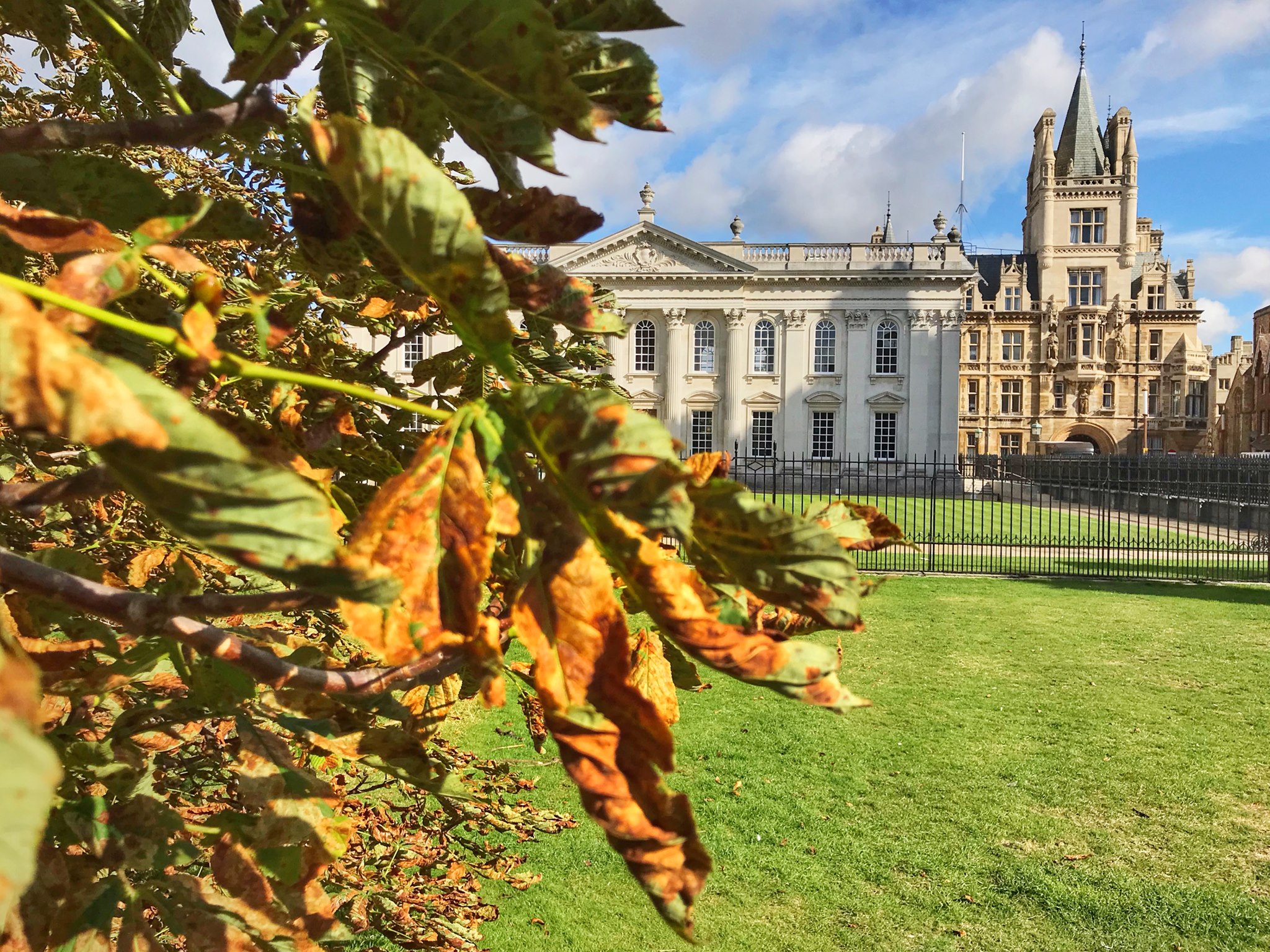
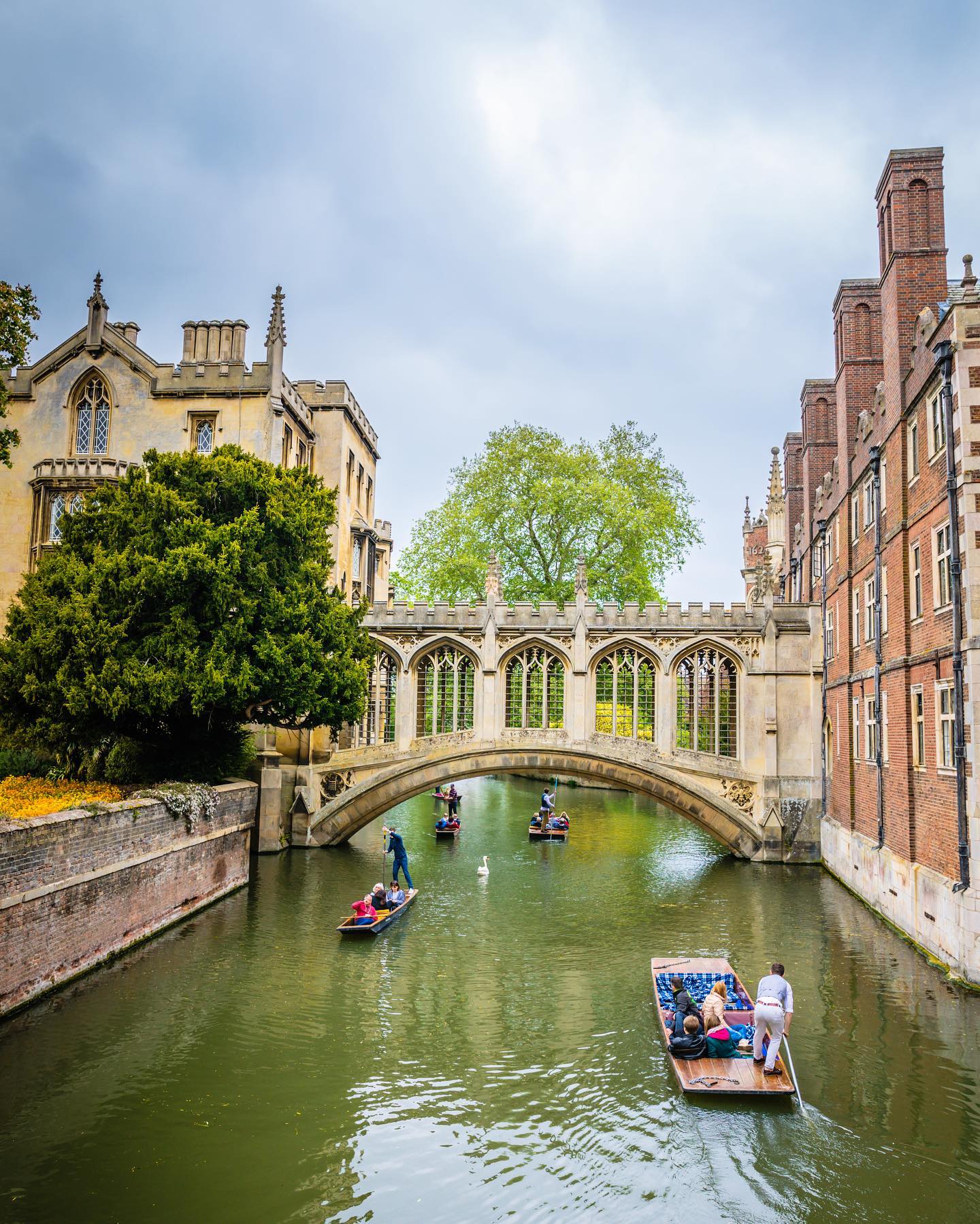
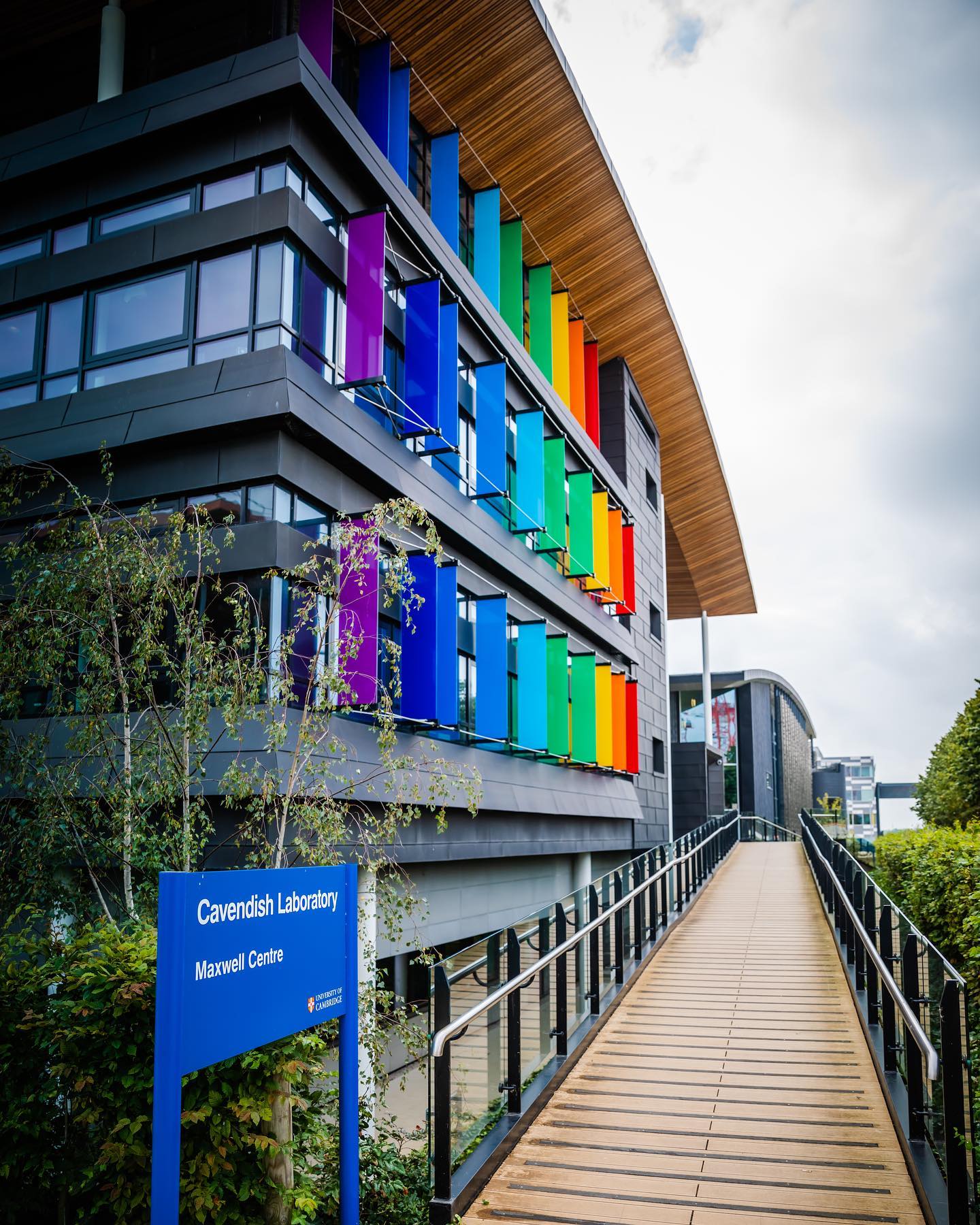
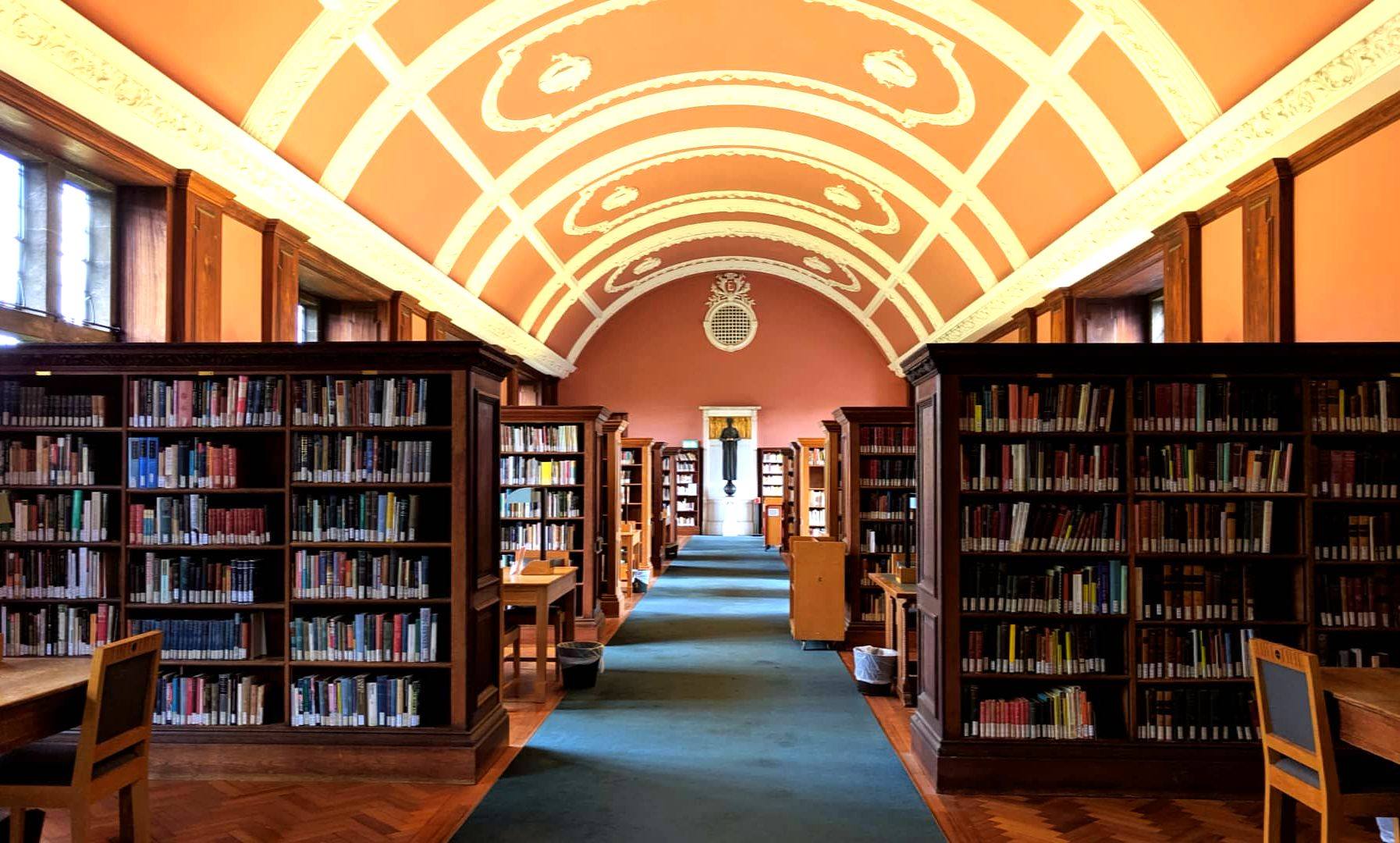
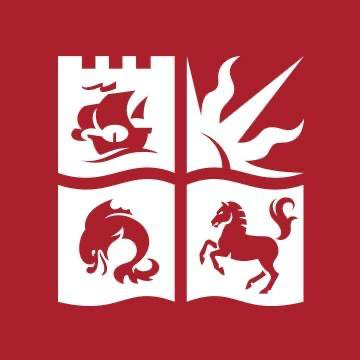
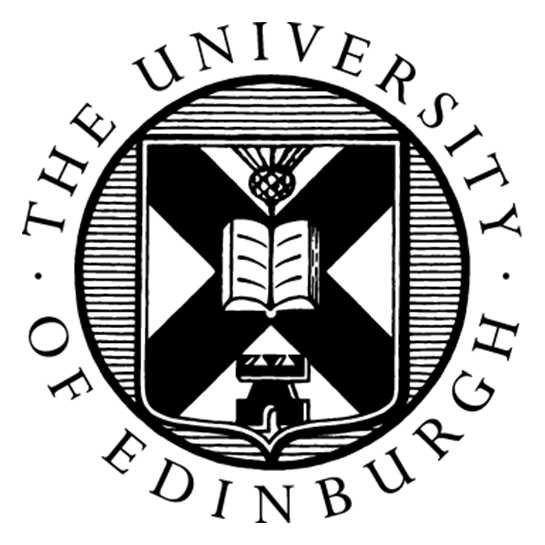
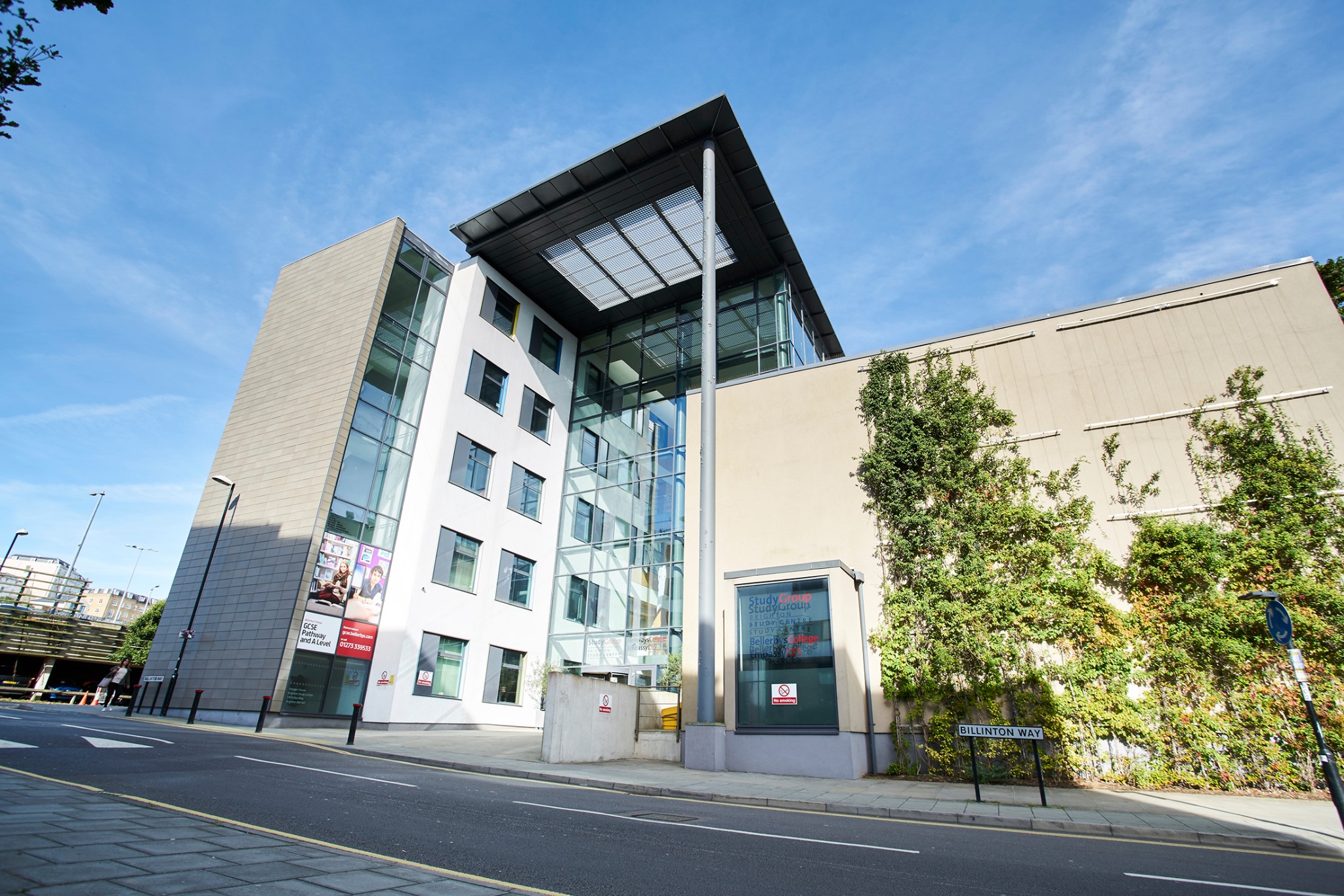
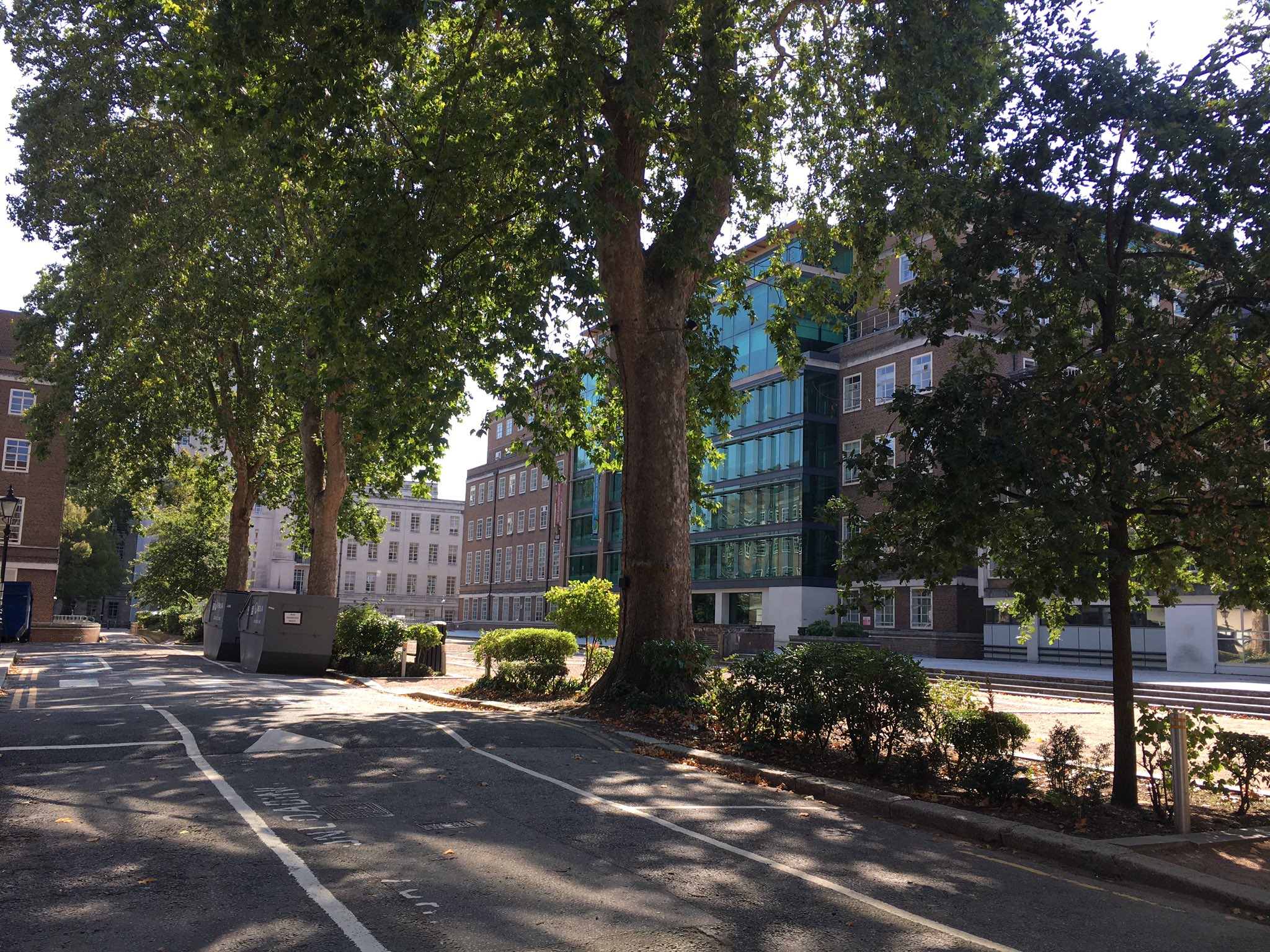
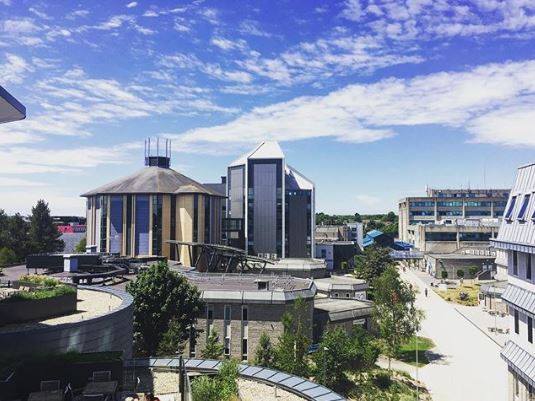
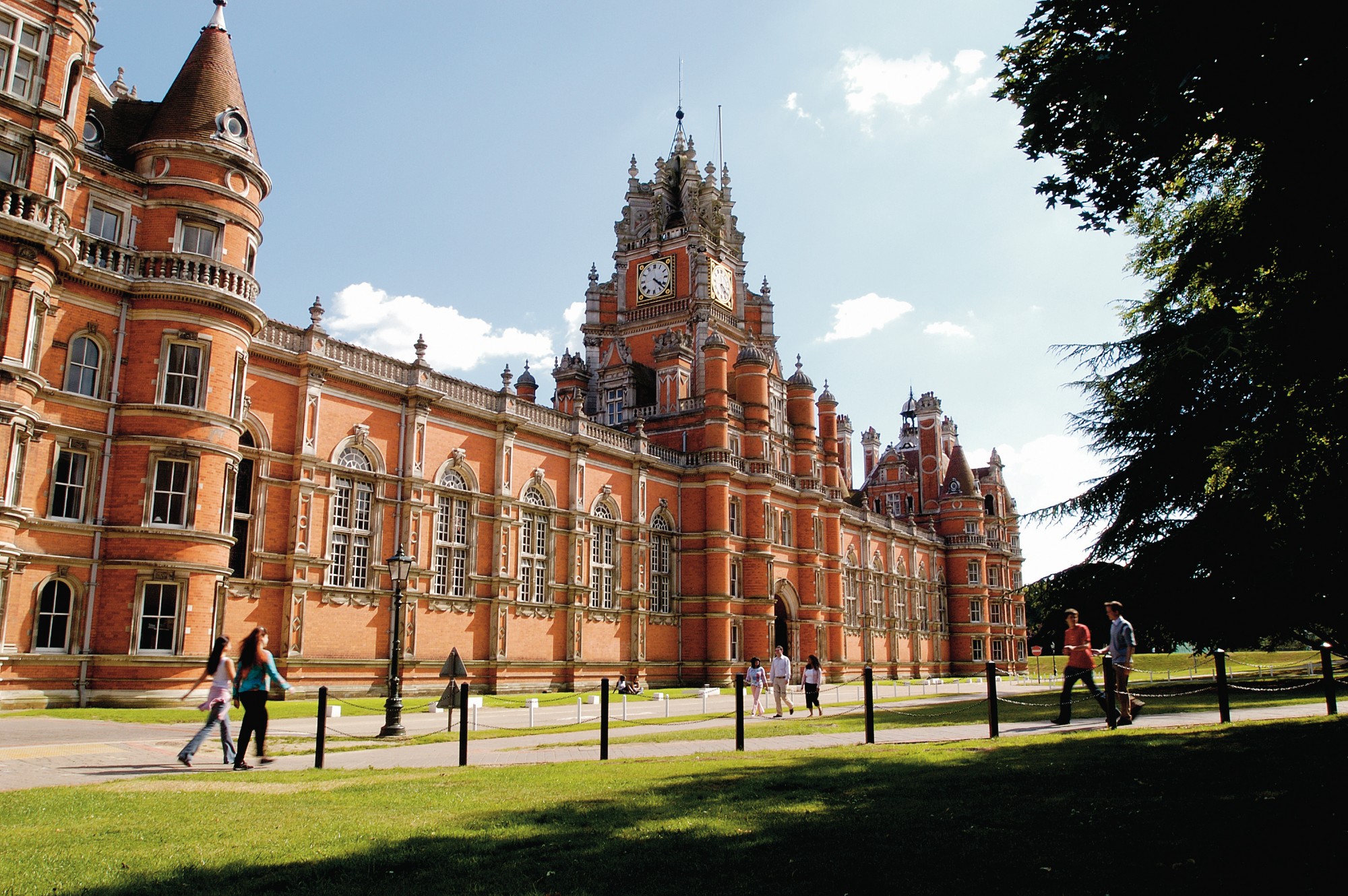
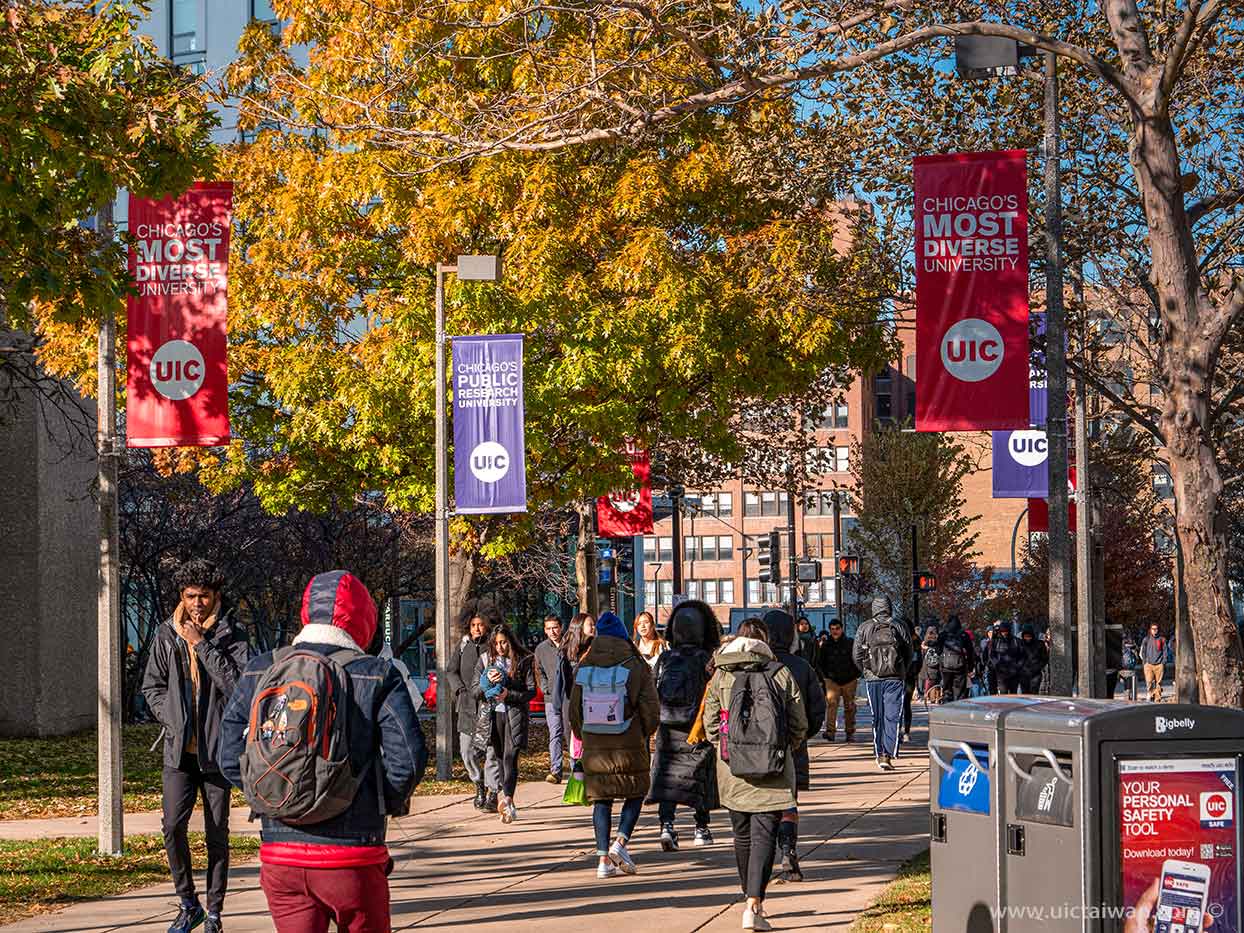







 Study in the USA
Study in the USA Study in Australia
Study in Australia Study in the UK
Study in the UK Study in the Netherlands/Ireland
Study in the Netherlands/Ireland Study in Canada
Study in Canada Conditional Admission
Conditional Admission



